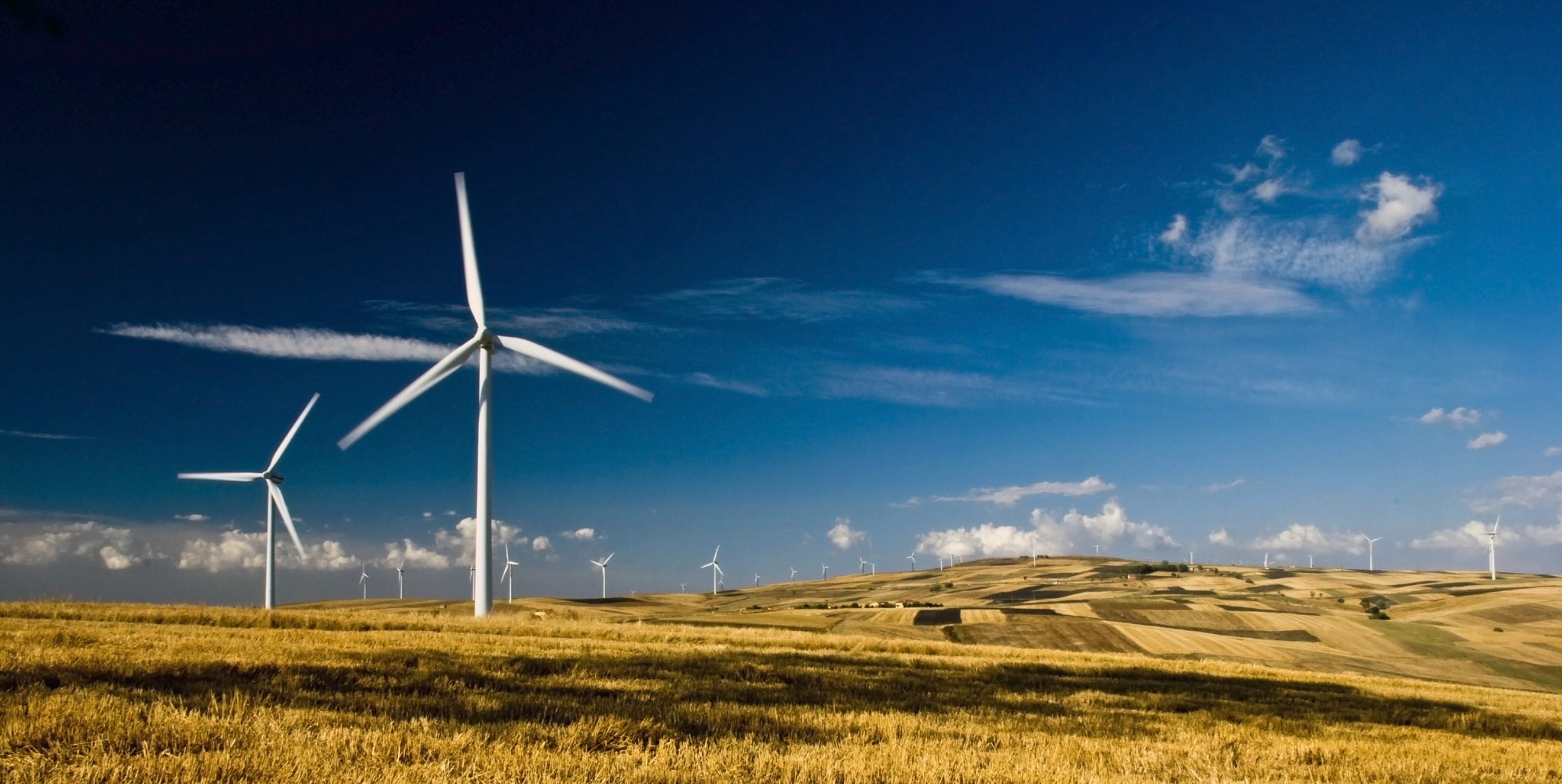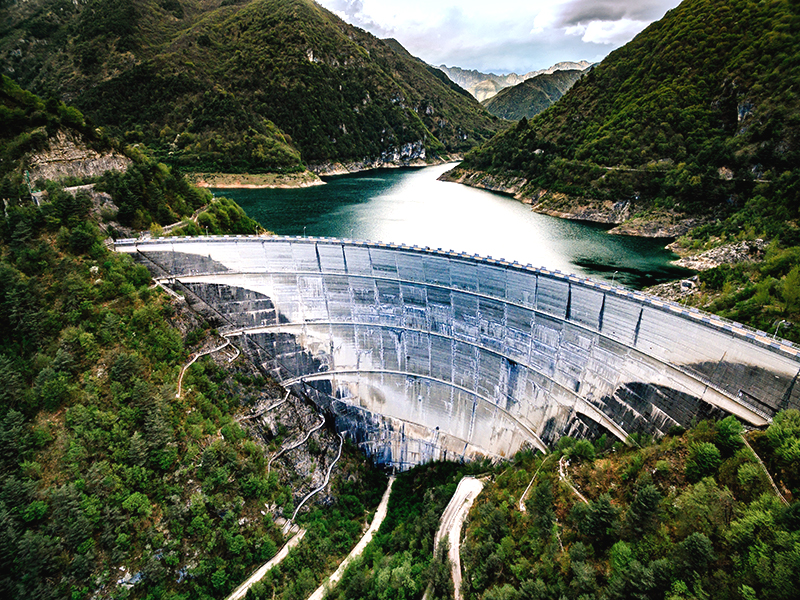
Welfare Costs of Catastrophes: Lost Consumption and Lost Lives
In a new CEEPR Working Paper, the authors, which include CEEPR faculty member Professor Robert Pindyck, discuss the economics of catastrophic events such as climate change and global pandemics.
SEE FULL ARTICLE
Energy economics class inspires students to pursue clean energy careers
In a feature on MIT News, Professor Jing Li discusses course 15.0201/14.43 – Economics of Energy, Innovation, and Sustainability.
SEE FULL ARTICLE
MIT CEEPR Webinars
In lieu of the Spring 2020 Workshop, CEEPR Associates will have access to a series of webinars on May 14, 21, and 28. Please check here for further information.
SEE FULL ARTICLE
Optimality Conditions and Cost Recovery in Electricity Markets with VRE and Energy Storage
In this CEEPR Working Paper, the authors investigate how variable renewable energy and energy storage impacts the formation of prices and optimal investments in electricity markets, using an analytical approach to derive the system-optimal conditions for installed capacity of all generators and storage devices.
SEE FULL ARTICLE
Evidence on the Implicit Carbon Price of Energy Efficiency in Buildings
Based on data for 548 apartment buildings over 16 years, this paper quantifies the implicit price of carbon associated with more than 400 energy efficiency interventions in 240 treated buildings. The results suggest significant heterogeneity in both energy savings and in the cost of carbon abatement associated with frequently subsidized measures such as windows replacement and wall insulation.
SEE FULL ARTICLE
The Key to New York’s Green Dreams May Be Turning Quebec Into a Mega-Battery
An article in Bloomberg discusses recent findings from a CEEPR Working Paper on the role of Canadian hydropower for deep decarbonization of the US Northeast.
SEE FULL ARTICLE
Subscribe To Our Newsletter
Subscribe now and check outour Past newsletters


